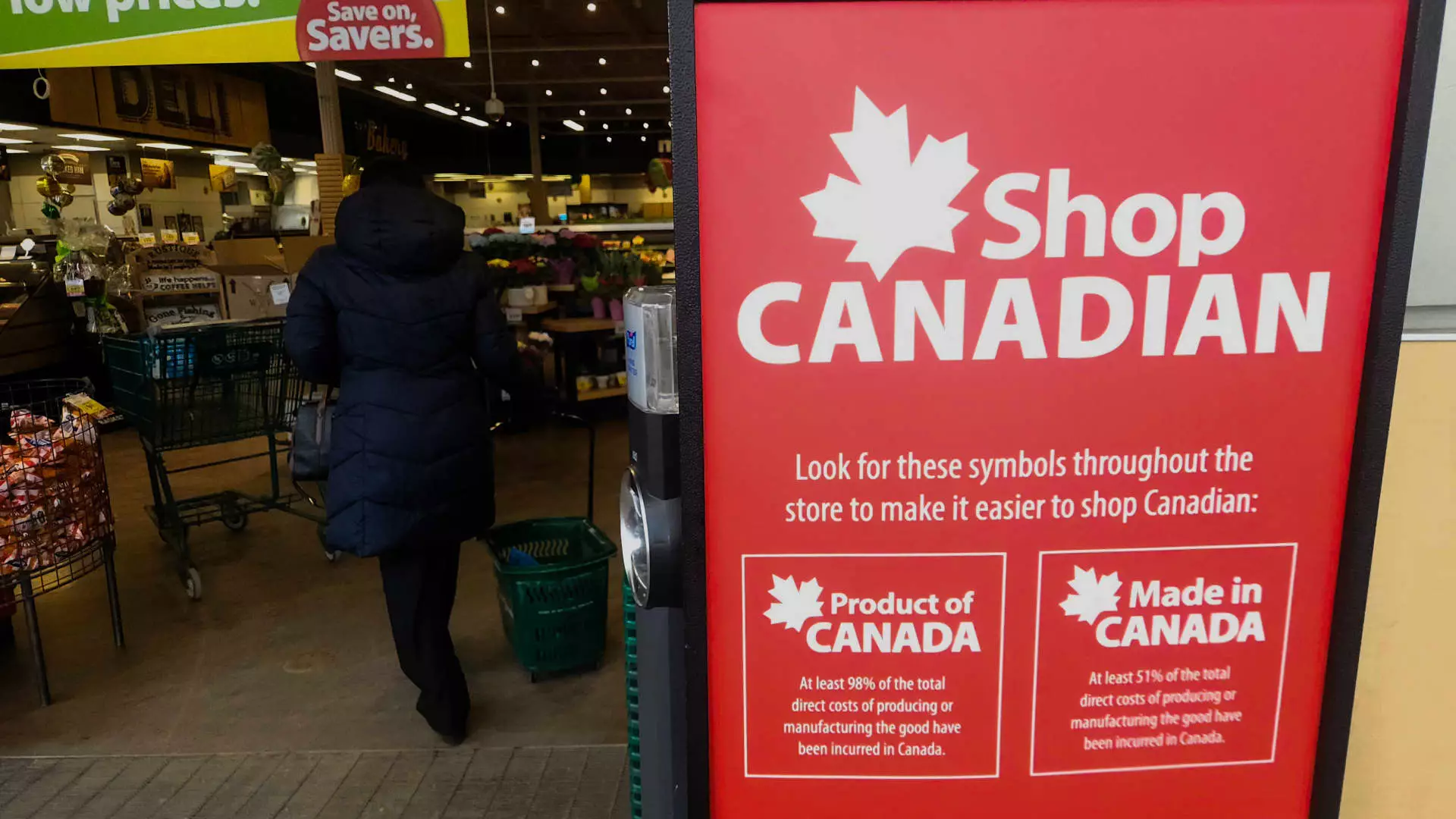7 Disturbing Realities of U.S.-Canada Trade Tariffs

The introduction of higher tariffs by the U.S. government has sparked a simmering discontent among various small businesses, particularly those along the U.S.-Canada border. While proponents of these tariffs may argue they serve to rebalance international trade and restore manufacturing jobs to American soil, the repercussions extend far beyond economics — they unravel long-standing trust and relationships. As the economic intricacies deepen, the many ways in which these policies affect the average citizen and the fabric of bilateral trade become all too clear.
The Cost of Protectionism
President Trump’s tariff mandates — a sweeping 10% levy on Canadian energy and a hefty 25% on other imports — have stirred tensions that reach into various aspects of trade. In 2024, trade between the U.S. and Canada was valued at an astounding $762.1 billion, underscoring how crucial this relationship is for both economies. A significant chunk of Canadian exports is funneled into the U.S. market; conversely, American imports constitute nearly half of what Canada brings in. This rigidly interwoven economic reality begs the question: at what cost is this “rebalancing”? For many small businesses that rely heavily on this cross-border relationship, the tariffs strip away not just profit but also predictability and stability.
The Emotional Impact on Entrepreneurs
The repercussions are not merely financial; they carry an emotional weight that many entrepreneurs are grappling with. Corinne Pohlmann of the Canadian Federation of Independent Business (CFIB) articulates a palpable sense of betrayal felt by many Canadians toward the U.S. This sentiment resonates deeply as small businesses now reconsider their partnerships, often caught in a perplexing web of renegotiating contracts and recalibrating their pricing strategies. Pohlmann’s organization represents over 100,000 small enterprises, and a striking majority of their members, approximately half, are involved in trading with the U.S. The emotional and financial toll of pulling back from American partners is profound, unveiling a landscape where trust and reliability have become scarce commodities.
Canada’s Response: A Shift Towards Patriotism
In the wake of these tariffs, Canadian businesses have expressed their resistance through creative adaptations. For instance, Balzac’s Coffee Roasters rebranded their espresso drink to the “Canadiano,” effectively wielding national identity against rising tariffs. Similarly, chains like Your Independent Grocers have adopted patriotic branding strategies to highlight domestically produced products, seeking to cultivate a sense of national pride and solidarity in times of uncertainty. Such acts are more than mere marketing gimmicks; they signify a collective effort to navigate a fraught political climate while emphasizing the importance of supporting local enterprises.
Voices from the Ground: Frustrations Amplified
Retail establishments such as the Liquor Control Board of Ontario encapsulate the wider emotional stakes involved. In a proactive measure, the LCBO ceased purchasing U.S.-made products, using messaging that frames this decision as part of a broader initiative for the “good of Ontario, for the good of Canada.” The emotional resilience of Canadians is glaringly evident as they resist U.S. products, many of which have become ingrained in their daily lives. Yet, amidst this patriotic fervor lies an unsettling complexity—products made in Canada but owned by American companies are still welcomed, creating a deeply nuanced conversation around nationalism and economic dependency.
Soft Power on a Slippery Slope
As relationships between the U.S. and Canada fray, a significant concern emerges regarding America’s standing on the global stage. Former Secretary of State Antony Blinken warned of the potential erosion of U.S. soft power — that is, the ability to influence through attraction rather than coercion. For the U.S., maintaining favorable trade relations with allies such as Canada is essential not only for economic health but also for geopolitical stability. If America continues to alienate longstanding partners, it risks losing its position as an influential global player, which in turn has massive implications for its national security and international influence.
A Future Shrouded in Uncertainty
As tariffs cast a long shadow over U.S.-Canada trade, the future of this relationship remains riddled with uncertainty. The lasting impact may leave entrepreneurs hesitant to reinstate ties with American partners, fearing a recurrence of volatility. While a potential reprieve from tariffs may offer temporary relief, the scars on trade relations could prove to be permanent. With lost contracts and a widening trust gap, the days of seamless collaboration between U.S. and Canadian businesses may well be behind us.
Trade is more than a mere transaction; it is a crucial aspect of the relationships that bind nations together. As such, the approach to tariffs in this context not only reshapes economics but also reshapes identities, leaving an indelible mark that will be felt long after the numbers are crunched.





